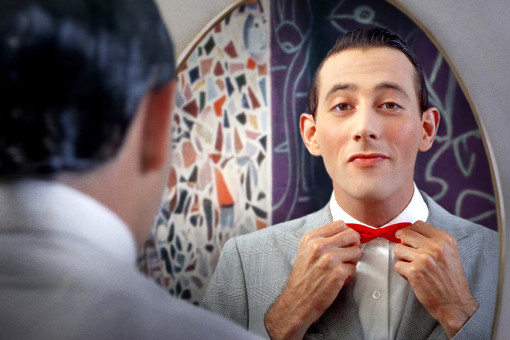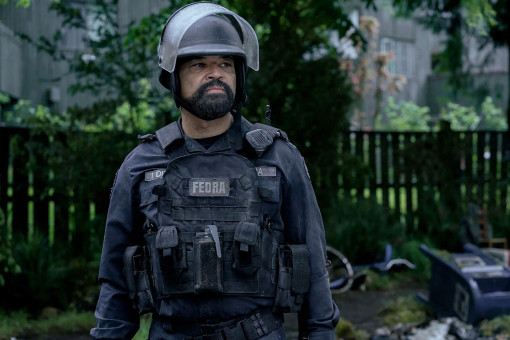For fans of Max's comedy series The Other Two, the wait between seasons can be excruciating. Nearly two-and-a-half years passed between the end of the first season and beginning of the second, and more than eighteen months passed between the end of the second season and beginning of the third. But actor Drew Tarver doesn't sweat the gulfs between seasons.
In the interim, he booked projects like the Hulu series History of the World: Part II, returned to his improv roots at the Upright Citizens Brigade and even tried his hand at new creative pursuits. "It is very cool to know your job is there," he says. "But that time frees me up to build a coffee table and learn a song on the guitar. It allows me to explore the many sides of myself."
There's a levity to his tone, noting his favorite hobbies are the ones he abandons a month after starting them. But the sentiment is sincere. Tarver loves returning to his character Cary Dubek, a struggling actor who, along with his sister Brooke (Heléne Yorke), wrestles with obscurity in their increasingly famous family. First, their teenage brother Chase (Case Walker) becomes a YouTube singing sensation. Then, their mother Pat (Molly Shannon) launches her own talk show that spins off into a massive Oprah-type brand.
Conversely, Cary rarely catches a professional break, something Tarver says is both funny and strikingly familiar to many actors. "Cary is especially desperate," Tarver says with a laugh. "Not that I'm not. I have had my moments of desperation and still do. But I think it is very fun to play a character acting on his worst impulses."
In season three, Cary finds the kind of success that always comes with a but: he's in a movie with Edie Falco, but the spotlight is fleeting; he finds love with a method actor named Lucas (Fin Argus), but Lucas never breaks character. Cary's relationships have always provided the series, from creators Chris Kelly and Sarah Schneider (formerly writers at Saturday Night Live), with some of its most sharply written material. Its critical but loving commentary on the LGBTQ community is what initially attracted Tarver, who identifies as bisexual.
"It felt authentic and lived-in," he says. "Chris and Sarah and the writers do such a great job at making fun from a place of love. The characters aren't just saying this part of queer life or the industry is ridiculous. I like that because Cary is also a complicated queer character who behaves just as badly as those he's commenting on."
Even if Cary manages to stumble into more success, Tarver hopes, for the sake of the comedy, he never loses the imperfections that continue to humble him. "Fall, fall, fall," he says, laughing. "Just keep falling because it's funny."
















